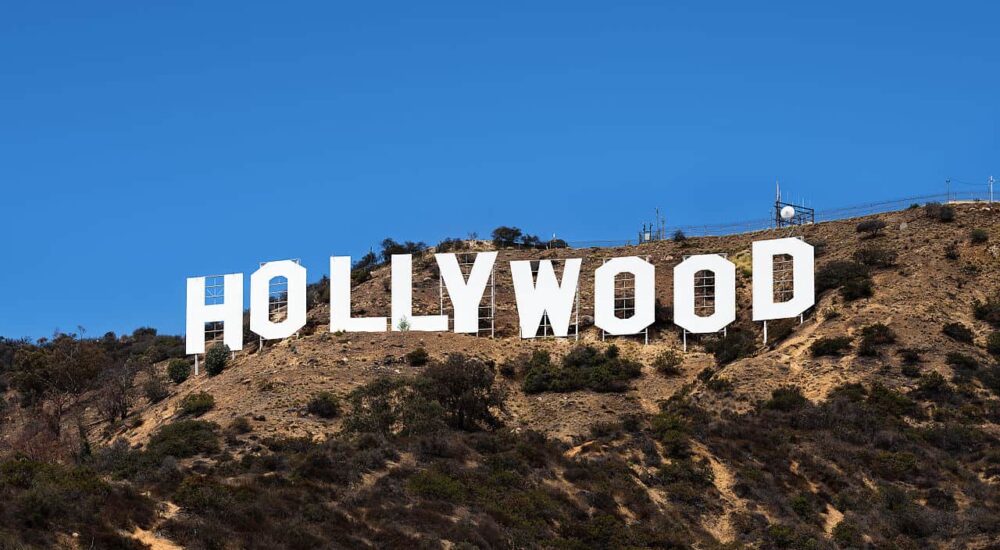This week’s Academy Awards caused its fair share of controversy, but also celebrated some fantastic wins for diverse talent in the entertainment industry, with female, BAME (Black, Asian and Minority Ethnic), LGBT+ (Lesbian, Gay, Bisexual and Transgender) Oscar winners including:
- Moonlight, for Best Picture – A film with a unique take on masculinity in American culture, the film tells the story of a young black man struggling with poverty and his sexuality, and features an all-black cast
- Viola Davis for Best Supporting Actress – Her first Oscar, meaning she has made history by becoming the first black woman to win an Oscar, Emmy and Tony for acting
- Mahershala Ali for Best Supporting Actor – He is the first Muslim actor to win an Academy Award in 89-year-history of the Oscars
- Iranian Director Asghar Farhadi won Best Foreign-Language Film for The Salesman – a feat made even more significant in the wake of President Trump’s ban, which refused US entry to Syrian film-maker Khaled Khatib, whose documentary covering The White Helmets won an Oscar.
Zootopia, which won for Best Animated Feature Film, is also notable for its pro-diversity script – its narrative packs a powerful message about acceptance and inclusion, teaching children that difference is not a weakness, but a strength – and nominees for 2017 also included BAME actors Ruth Negga, Octavia Spencer, Naomie Harris and Dev Patel. Whilst the 2017 Oscars was the most diverse in history, the increased recognition of BAME talent in entertainment stands in stark contrast to the struggles for racial equality throughout the rest of America and indeed the world.
With ethnic minority talent representing only 4% of FTSE 100 CEOs, UK and US business is poised to learn a great deal on diversity and inclusion from the arts and entertainment sectors. The music industry is over-representative of ethnic minority talent, and as reported in a recent research study from Audeliss, 30% of ethnic minority role models work in the entertainment industry.
In a world where diverse people across the globe face prejudice and discrimination every day – where female and LGBT citizens are losing their rights under Trump and Putin, racial hate crime is soaring dramatically and unarmed black Americans are five times more likely than their white peers to be killed by the very establishment that is supposed to protect them – all positive representation is a cause for celebration, an opportunity for further progress and a chance for young diverse people to use role models to starting building their own success.
The 2017 Oscars serve as a powerful reminder that we are moving towards greater visibility and recognition, but that there still is a long way to go in achieving diversity and inclusion in business. The historic victory of Moonlight over La La Land – a story of finding love and acceptance by being your true self, triumphing over a narrative where the talented leads must sacrifice their relationship for their careers – proves that diverse or not we are stronger together, and that ultimately, love wins. By continuing to champion diverse role models from all backgrounds and career paths and by celebrating our differences, we are on the way to making our world a better and more inclusive place for everyone.
